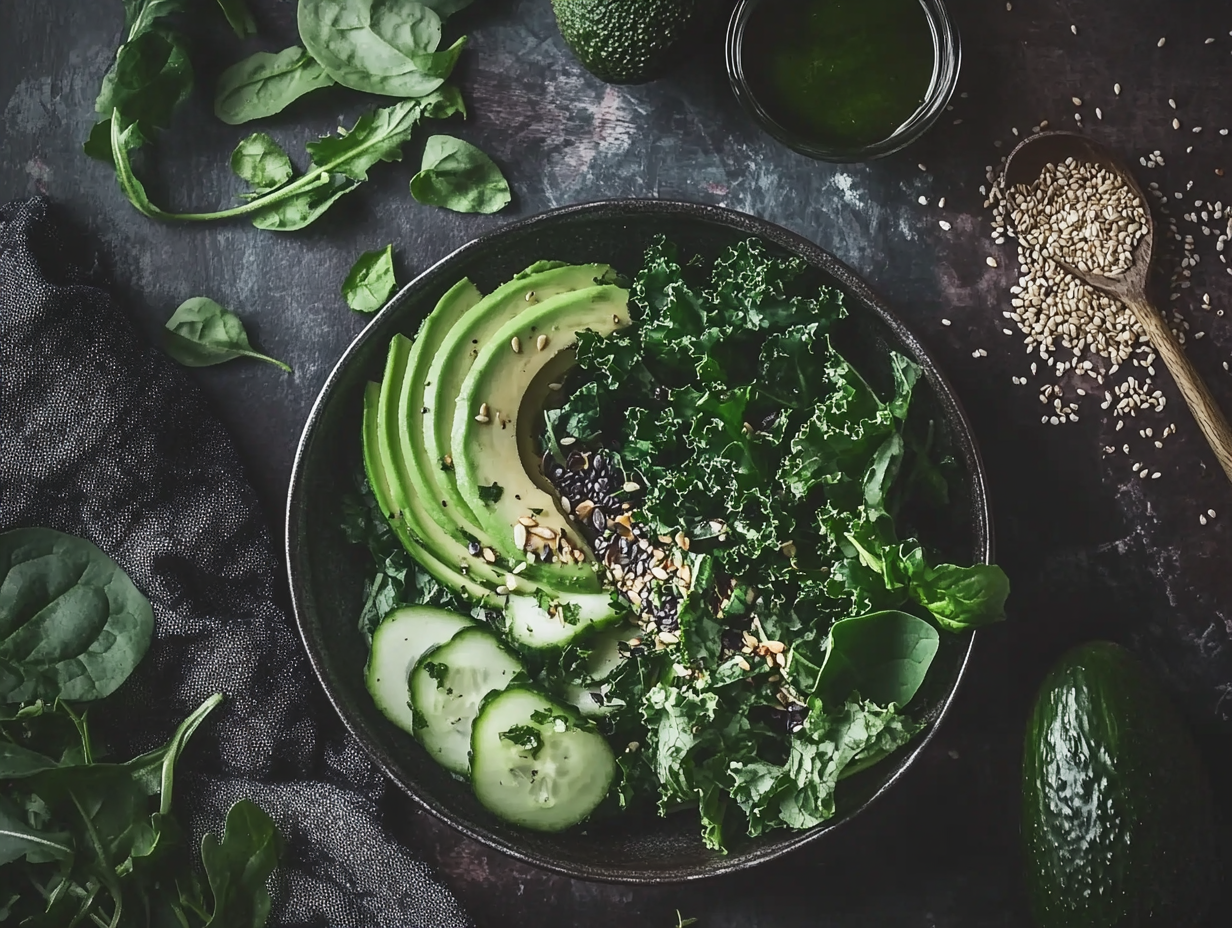When it comes to protecting brain health, most people immediately think about puzzles, exercise, or staying socially active.
But there’s another powerful tool right in your kitchen: nutrition.
Can nutrition really slow cognitive decline?
Emerging research says yes - although it's not about miracle foods or quick fixes.
It's about building sustainable eating habits that nourish the brain over time.
Let’s explore what the science says, which foods and diets show the most promise, and simple steps you can take today to support lifelong cognitive health.
The Connection Between Nutrition and Cognitive Decline
The brain demands a steady supply of energy and nutrients to function properly.
Poor nutrition - especially diets high in saturated fats, sugars, and ultra-processed foods - can trigger:
- Inflammation in the brain
- Oxidative stress (cellular damage)
- Reduced blood flow to brain cells
- Accelerated loss of memory and thinking skills
In contrast, a nutrient-rich diet can reduce inflammation, promote neuroplasticity (the brain’s ability to adapt and form new connections), and protect memory as we age.
👉 Take a look at Alzheimer's Research UK's article on Diet and Dementia Risk
Diets That Support Brain Health and Slow Cognitive Decline
Scientists have identified certain eating patterns that seem to protect the brain and slow cognitive aging.
The Mediterranean Diet and Cognitive Aging
The Mediterranean diet emphasizes:
- Fruits and vegetables
- Whole grains
- Nuts and seeds
- Olive oil as the primary fat
- Moderate amounts of fish and poultry
Impact on cognition:
Multiple studies show a 20-40% reduced risk of cognitive impairment among those who closely follow the Mediterranean diet.
It’s rich in antioxidants, healthy fats, and anti-inflammatory foods that support both heart and brain health.
The MIND Diet: A Focused Approach to Brain Protection
The MIND diet (Mediterranean-DASH Intervention for Neurodegenerative Delay) combines elements of the Mediterranean and DASH diets but zeroes in specifically on brain health.
MIND diet highlights:
- Green leafy vegetables (6+ servings per week)
- Berries (especially blueberries)
- Whole grains
- Nuts
- Olive oil
- Fish at least once a week
Impact on cognition:
Those who adhered closely to the MIND diet experienced a 53% lower risk of Alzheimer's disease—even moderate adherence was associated with cognitive benefits.
👉 Have a look at the study results of the MIND diet from the National Library of Medicine
Anti-Inflammatory Eating Patterns
Inflammation in the brain is increasingly recognized as a contributor to cognitive decline.
An anti-inflammatory diet focuses on:
- Colorful fruits and vegetables
- Legumes and whole grains
- Fatty fish (rich in omega-3s)
- Spices like turmeric and ginger
- Limiting processed, fried, and sugary foods
By reducing chronic inflammation, these diets help protect the brain’s structure and function over time.
Key Nutrients That Support Memory and Thinking
Certain nutrients have been specifically linked to cognitive protection:
- Omega-3 fatty acids (salmon, walnuts, flaxseeds): support brain cell membranes and reduce inflammation.
- Antioxidants (berries, spinach, dark chocolate): protect brain cells from oxidative stress.
- Vitamin E (nuts, seeds, spinach): associated with slower memory decline.
- B Vitamins (folate, B6, B12): help lower homocysteine, a chemical linked to brain shrinkage.
- Polyphenols (olive oil, green tea, berries): enhance neuroplasticity and cognitive function.
So - Can Nutrition Alone Prevent Dementia?
No single food or diet guarantees dementia prevention.
Cognitive health is influenced by a combination of factors, including genetics, physical activity, social connection, sleep, and stress management.
However, nutrition plays a significant and modifiable role.
Eating brain-healthy foods consistently over time can:
- Delay the onset of cognitive decline
- Slow memory loss progression
- Improve overall brain resilience
👉 Related reading: How to Reduce the Risk of Dementia and Cognitive Impairment
Easy Ways to Eat for Better Brain Health
Building a brain-healthy diet doesn’t require a radical overhaul.
Small changes make a big difference.
Try:
- Adding one more serving of vegetables each day
- Swapping butter for olive oil
- Choosing berries or nuts for snacks
- Eating fish once or twice a week
- Drinking green tea instead of sugary sodas
Consistency over time strengthens brain protection.
Should You Take Supplements for Brain Health?
While supplements like omega-3 pills, B vitamins, and antioxidants are marketed heavily for brain health, research is mixed.
Whole foods offer more synergistic benefits than isolated nutrients.
Supplements should only be considered if recommended by a healthcare provider for a specific deficiency.
👉 Related reading: Do Brain Supplements Work? What Science Says
Final Thoughts
So - can nutrition really slow cognitive decline?
Yes, it can.
While no diet guarantees protection, science shows that a brain-friendly eating pattern lowers risk, supports memory, and promotes better cognitive aging.
At Elli Cares, we believe in empowering families and seniors with simple, everyday strategies - like nourishing the body and mind through mindful eating - to live well, longer.
Because protecting brain health isn’t just about what you remember - it’s about how you live every day.








